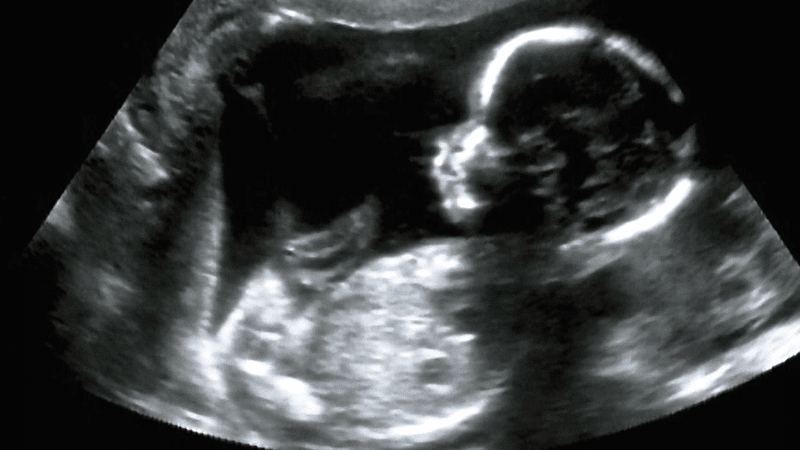Expectant mothers may soon be able to view their unborn baby in virtual reality (VR), after the announcement of ground-breaking new scanning technology.
Scientists in Brazil have merged ultrasound images with magnetic resonance imaging (MRI) to build a 3D model of a baby in the womb, which can be brought to life by using a virtual reality headset.
Research has found that over half of “abortion-minded” women end up keeping their babies after seeing a scan.
’New experience’
The 3D model is said to be remarkably similar to the post-natal appearance of a baby.
At present, the clearest representation of a baby in the womb that can be achieved is via a 4D ultrasound scan.
Dr Heron Werner Jr, of the Clínica de Diagnóstico por Imagem in Rio de Janeiro, said:
“We believe that these images will bring a new experience for parents when following the development of their unborn child”.
’Great asset’
His thoughts were echoed by experts in the UK, who said the technology could help parents to ‘bond’ with their unborn baby.
Prof Charles Kingsland, from The Hewitt Fertility Centre in Liverpool, said the images could be a “great asset for those who want to see their unborn babies in a way that has never been done before”.
And Prof Simon Fishel, President of CARE Fertility, said it offered many parents a “great advantage of bonding early on”.
Currently, the technology is being tested in Brazil, but the team behind it hope to market it worldwide.
Diagnosis
As well as offering parents a more accurate representation of their child, the image also assists doctors in identifying problems.
During a trial in Brazil, it was shown to pick up a problem which required the baby to be operated on immediately after birth. This allowed doctors to prepare for immediate treatment.
Prof Fishel added: “Anything that improves the opportunity to observe foetal health accurately is important, especially with advancing surgical technology that is now being used successfully on the fetus in the womb”.
Preventing abortions
Earlier this year, a pro-life charity in the US estimated that 358,000 babies had been saved through its free ultrasound programme.
Focus on the Family launched a scheme in January 2004, which provided nearly 700 grants for new ultrasound machines at pro-life clinics, along with training on how to use them.
The group found that fifty-four percent of “abortion-minded” women end up keeping their babies after seeing a scan, hearing their baby’s heartbeat and talking with a counsellor.
Kelly Rosati, the charity’s Vice President of Community Outreach, said pre-natal scans give a woman the “opportunity to see for herself and to connect with her child”.

